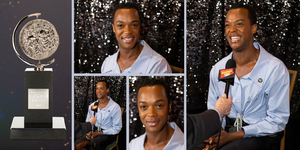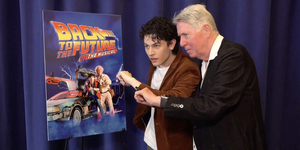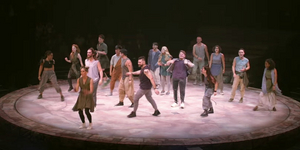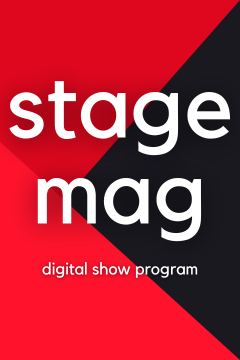Interview: Chris Gethard Tackles Fatherhood, Masculinity & Thoughtful Comedy in A FATHER & THE SUN
Gethard shares how a 'dark' story inspired A Father & The Sun, what he loves most about New York audiences, and more.
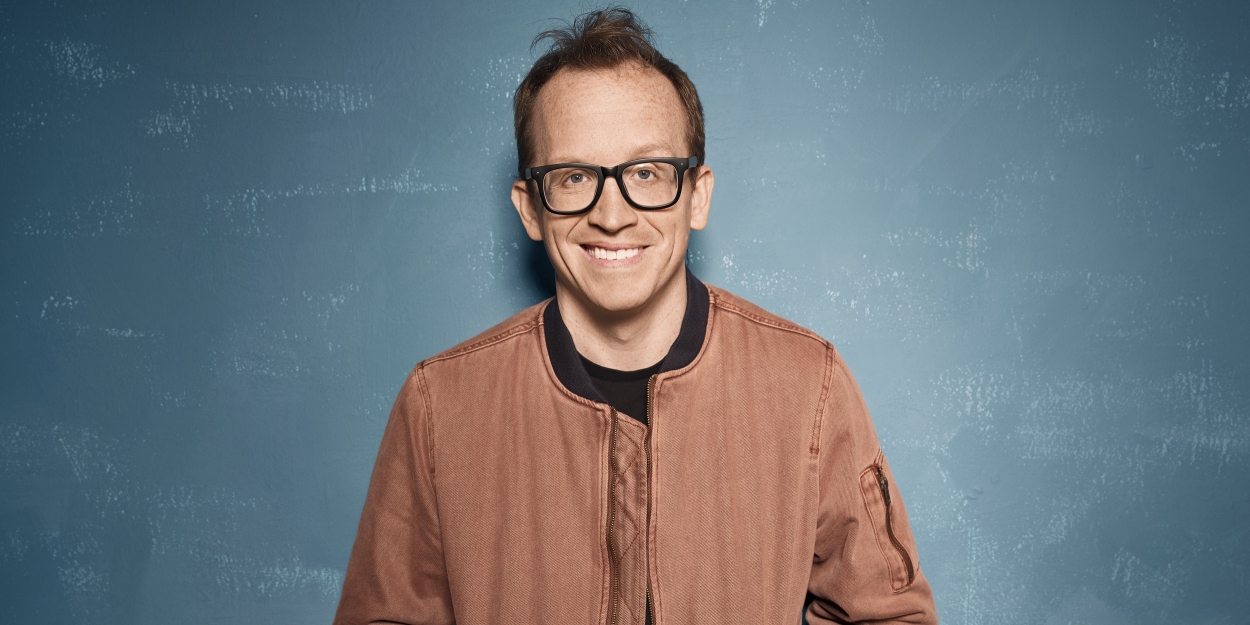
Chris Gethard is a comedian, actor, and podcaster who is best known for his acclaimed Off-Broadway show and HBO special Career Suicide, his talk show The Chris Gethard Show, his podcast Beautiful/Anonymous, his appearances on television shows including The Office, Broad City, Parks and Recreation, and much, much more.
Gethard is now returning Off-Broadway to the Minetta Lane Theatre for three performances only, Friday, March 31 - Sunday, April 2, with his world premiere solo show A Father & The Sun, presented by Audible Theater. In A Father & The Sun, Gethard is diving into his role as a new father, hilariously and thoughtfully exploring generational differences, toxic masculinity, and what it means to be a dad.
BroadwayWorld spoke with Gethard about being a 'thoughtful' comedian, the magic of New York audiences, realizations about fatherhood, and much more.
What was the inspiration for this show and when did you start writing it?
Well, like any comedian who has a kid, there's gonna be jokes that show up in the joke notebook about it, and I had a few of those along the way, I was doing them onstage and workshopping stuff. I was actually driving to a show in Worcester, Massachusetts, and another great New York comedian, Martin Urbano, was with me in the car, we were driving up to do a show together. And we were having a conversation, not about jokes, not about our act, and I was talking about getting bullied as a kid. I did, and my brother even more than I. And I was telling him one of the things I am trying to wrap my head around is how am I going to handle that if I see that show up in my kid's life? Am I going to flip out?
He started asking me about it, and I told him a story about this thing my dad did one night. And he was like, "Dude, you have to tell that on stage." And I was like, "No way, that story is really dark!" and he was like, "You've got to try it man, that is pretty incredible." We were performing an outdoor show outside of a place called Ralph's Rock Diner, and no offense to Ralph's Rock Diner, nor the people of Worcester, Massachusetts, I was like, "Alright, you know what, if there is any place where I can see if I can get away with it, let me try it here in this parking lot in Massachusetts!"
I tried it, and that changed the tenor of the entire thing. And lucky enough that I will sometimes get stubborn or shy, and other comedian friends of mine are like, "No, stop being an idiot, do that thing on stage." And I'll never forget, Martin was like, "You did Career Suicide, what are you talking about you're nervous now about telling dark stuff on stage, with all the other things you already talked about?" Like, "Well, now I have to call his bluff, okay."
Sometimes it takes a push from an outside source to get going.
It's funny, both shows that I've done Off-Broadway have had that element. Mike Birbiglia did a very similar thing for Career Suicide. Martin Urbano was the guy on this one. A lot of times I'll tell comedians really dark stuff that I don't find funny at all, and they'll turn around and go, "Build your career around that." And it works out somehow.
What is your process like when it comes to sitting down and writing out a show? What did it look like for this show?
My writing process tends to be a lot of bullet points in a notebook and notes on my phone. And then on any given night I'll start organizing those bullet points to see, "If this follows this, does it build the momentum? Are there callbacks that start to show up if I place things in different places?" A lot of it is just random scrawls in a notebook that if you sat down and looked at them there's no one else on earth who could possibly decipher what I was going for. I've often said that if I ever dropped my notebook on the ground and someone found it, I think they might call the police because it's almost Unabomber-level strange chicken scratch in there, but it makes sense to me.
And then, of course, at the end of the day no matter how much you put in the notebook, you have to get up onstage, you have to try it, you have to bomb, you have to eat it. And I've done that many times, with this material as well, particularly at the Edinburgh Fringe Festival where I just kept bombing and rebuilding it, bombing and rebuilding it. And that is a painful but necessary process.
No other medium forces a performer to go up and just lay themselves quite as bare as comedy, it's pretty singular in that way. Nowhere else is bombing a necessity to success.
I'm really jealous of musician friends of mine. They don't have to get up and play a half-finished song in front of an audience to see how it goes. And then, if they have a song that people like, they get to play it forever. And comedians, of course, immediately throw it out once we've released it somewhere, and then we pray that we have more jokes in us on the other side.
How does it feel to be heading back Off-Broadway and going to the Minetta Lane Theatre?
It feels great! I feel very lucky to be part of this lineage of comedy shows that cross over into the Off-Broadway experience. It wasn't something that felt like it truly existed when I was coming up as a kid in my twenties. Obviously, people like Whoopi Goldberg and Billy Crystal back in the day did Broadway stuff, Off-Broadway stuff, but for me, I look at people like Mike Birbiglia, Colin Quinn, Gary Gulman, I think they have cracked the door open. And then in recent years you've got Alison Leiby, Jacqueline Novak, a lot of people doing this thoughtful comedy that tries to challenge themselves, challenge the audience, be a little more emotional.
It's just extraordinarily cool that it exists. So, I really am so thankful that I get to be a part of it, and I like to think that on my best day I've done my part to help create some more oxygen in the room so other performers can see that. Especially because comedy can be so aggressive, and right now I think that is the flavor of the month. You go on TikTok, you see a lot of videos of people fighting with crowds, and hecklers, and battles, and people leaning into stuff they know is going to be sort of socially divisive. And I do love knowing this style exists, because it's not that, and I think it creates a very nice alternative to that for audiences who still want to laugh, but don't necessarily want to walk into an environment that feels aggressive like comedy has been feeling lately.
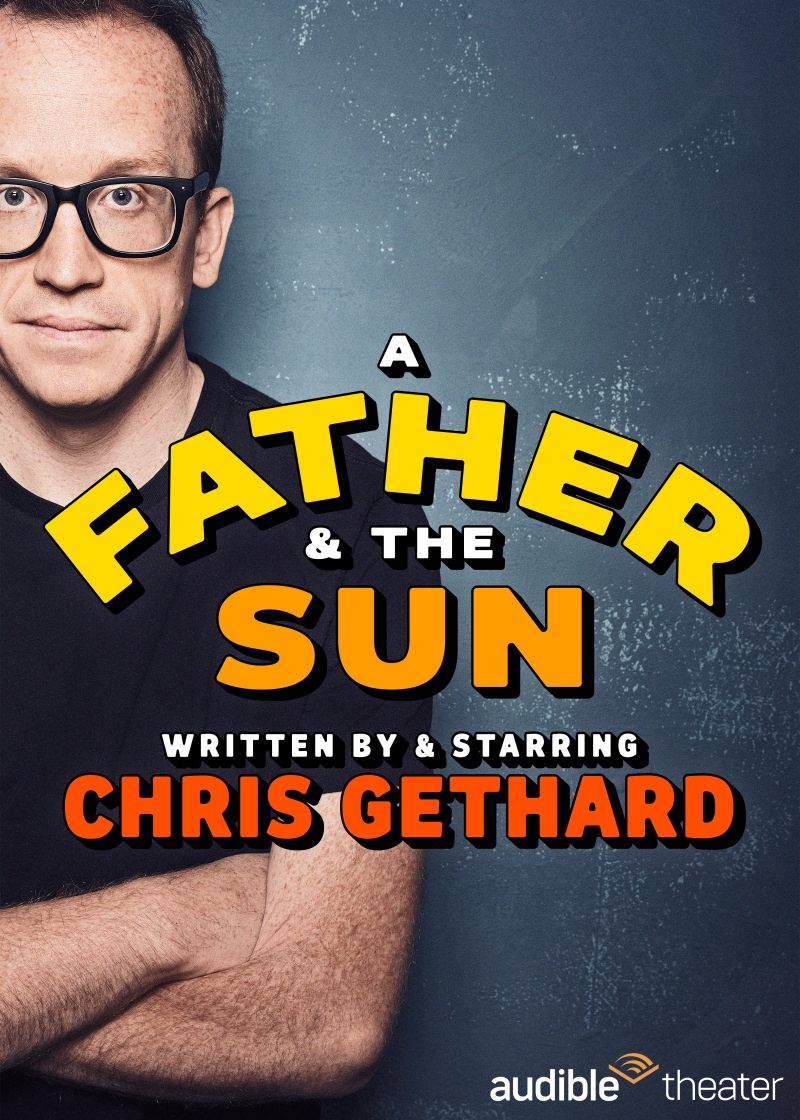
The world is aggressive, we need entertainment that takes us to a different place, we can't live there all the time.
I would like to think so. There are some comedians who like to say that maybe I'm a little too emo, or that I lean into stuff that's thoughtful over the laughs per minute that is expected of comedy. And I just hear that and I shake my head and go, 'There is room for all sorts of styles, and if my reputation is that I'm thoughtful, and emotional, and soft, and that I'm willing to connect with an audience on those levels, I'm very happy to be made fun of for those particular reasons.' I can hold my head up high if those are the things they can't point to. "That guy is trying too hard to do something that is thoughtful and innovative!" Like, by all means, if that's the knock I'm happy to take it.
What are you most looking forward to with this run?
I'm just looking forward to getting out there in front of those New York audiences. I started performing comedy in New York when I was 19 years old, that's when I showed up at the UCB Theatre, and I quickly was getting on stage. And there have been thousands of shows for me, starting at UCB, but then expanding into the downtown comedy scene, which, of course, expanded out and became the Brooklyn comedy scene. For me, Manhattan Neighborhood Network public access television was a huge part of my career. There have just been so many steps of the way where New York has challenged me, and provided me a platform. And the supporters of the arts, and other artists in New York, have seen me doing stuff that's cut from a different cloth, and they stepped up and supported it, and emboldened me, so I take them extremely seriously.
And that idea of being in New York, those three nights, connecting with audiences that have always had my back, have always been my home base, I just can't express how much of a bond that feels like. Everybody who knows me knows I'll always identify as a Jersey guy, that's where I grew up, I live there again. But I've never lost that feeling of being a guy in Jersey who gets on that train and crosses that river because those New York audiences demand you step up and work at a high level, and meet a bar that's already high, and on your best days try to raise that bar. Those New York audiences are magical, that has never stopped in the 23 years that I've been doing this. So, just to get out there and try to give them something that comes from my gut, and see if it matches that bar, it's an honor to see if I can still do it.
What do you hope that audiences take away from this show?
There might be some spoilers in here, so if you want to be surprised, here is the point where you can stop reading - but the first half of the show is that I sit there, it's got a bunch of punch lines, they're coming at you hard, funny show, I'm talking about having a kid. And then halfway through the show I pull this trick where I tell this story, and the audience realizes, "Oh, this was never about his kid, it was about his dad." And, that point the show becomes psychologically very different. I, all of a sudden, now that I have a kid, at the age of 39 when my son was born, started understanding so many of my father's choices in a way that I never had. Whereas I would look back my whole life and go, "My dad seems like he was angry a lot of the time," Oh no, it was something totally different. "My dad seems like he was tired all the time," Now I understand it was something totally different.
A lot of it is a look at the way that past generations raised us with these WWII values, Baby Boomer values, and now people around my age are having kids going, "Well, we're trying to let that go, while simultaneously coming to understand it for the first time, how do you even do that?" So, it's one of those where I go to advertise the show, "He had a kid, and he's talking about being a parent!" It's about dad issues, and we all have those. And being that bridge between my father and my son that as I've workshopped the show and toured it around the country, I'm getting a lot of people walking out like, "Hey man, I think I'm going to call my dad and have an honest conversation with him." And that's a pretty cool thing to realize people are walking away going, "This show makes me want to pick up the phone and connect with my father on a level that maybe I haven't before," It's pretty fun to see that happen, to see people have their brains scrambled a little bit in that process.
I feel like that's all you could ask for, is to see the direct result of what your work has done. It's affecting people, you can see it right there.
It's fun, and when the show is really cooking, when it's firing on all cylinders, one thing that I really feel, and I think people tend to agree with right now, we are in a very, very strange time in terms of masculinity and how much it has effected everything around us, and what it means, and which parts of it we'd like to ease up on, take our foot off the gas. And fatherhood has proven to be a pretty perfect lens to look at that through, because what's more iconic than the 50s sitcom dad? When you think of masculinity, you probably think of your own dad first, naturally, whatever that relationship is.
So, as we're looking to redefine that, it's pretty fun to throw some stuff out there that makes people appreciate some sides of it that they might not see coming, and question some sides of it they might not see coming. It's fun, and it's part of the magic trick of being a comedian, making people think it's one thing, subverting that, and then getting their head turned in a total different direction.
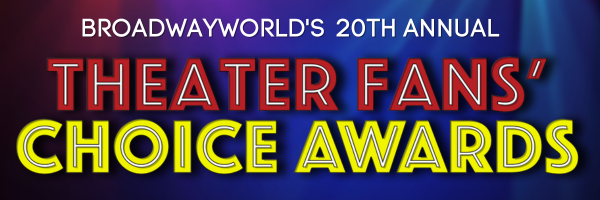
|
Videos
TICKET CENTRAL
Recommended For You
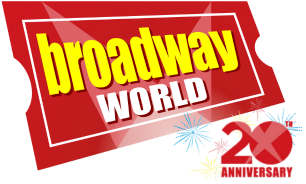





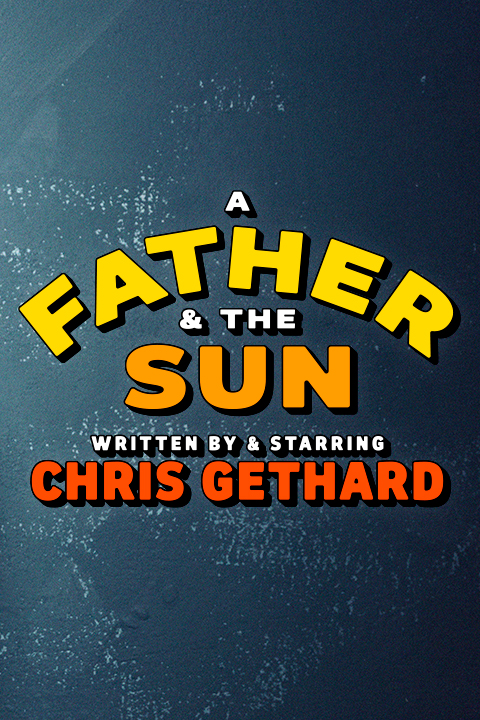
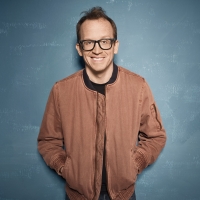
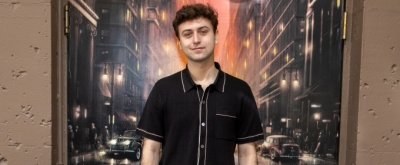
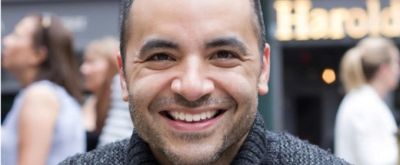
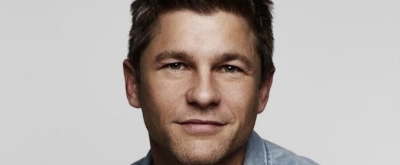
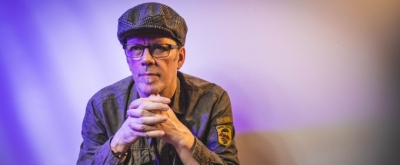
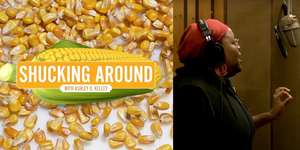 Shucking Around with Ashley D. Kelley: SHUCKED Hits the Recording Studio
Shucking Around with Ashley D. Kelley: SHUCKED Hits the Recording Studio